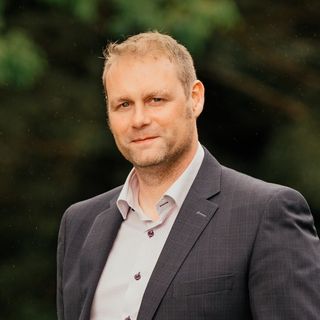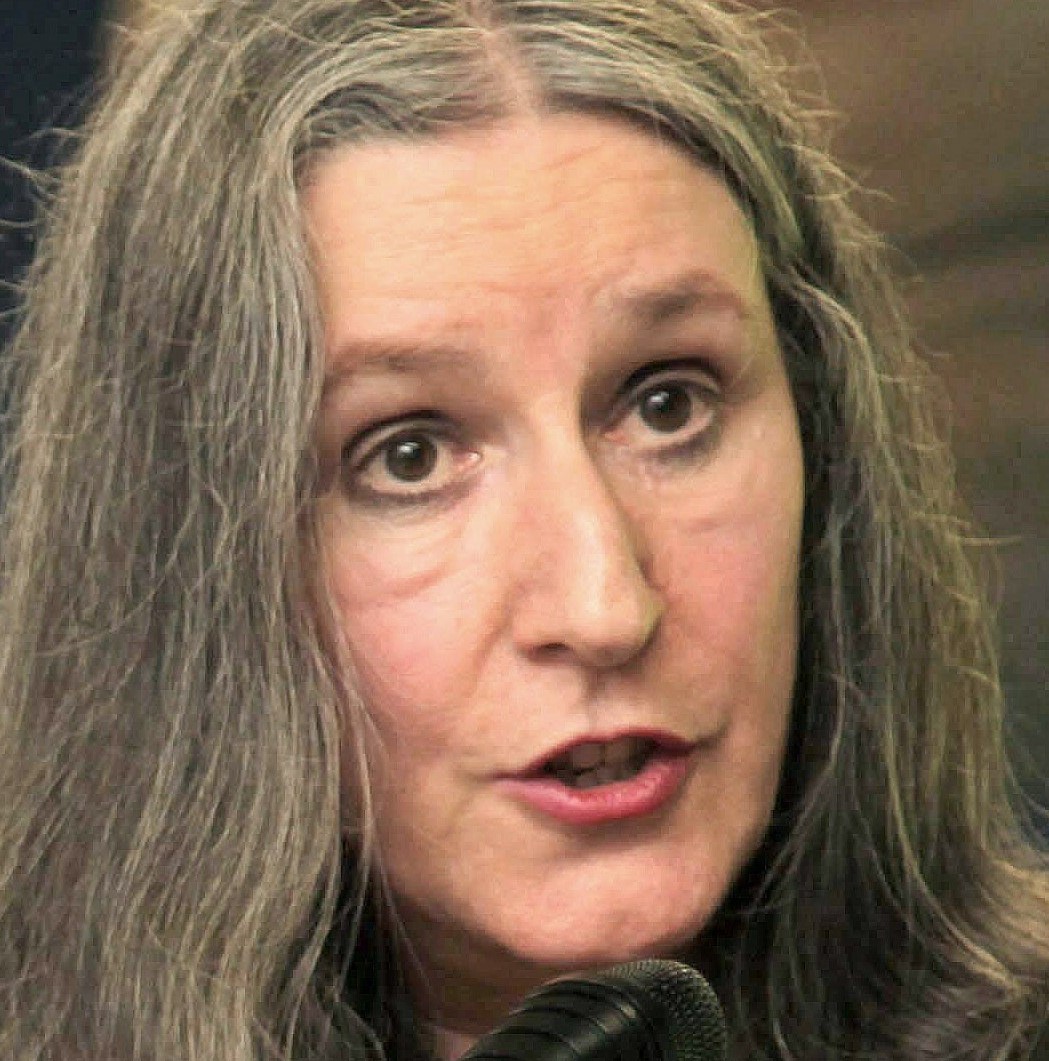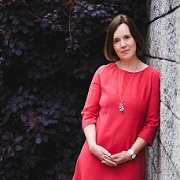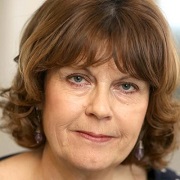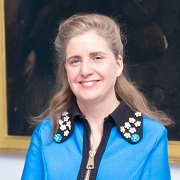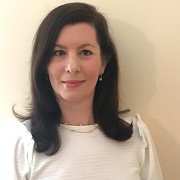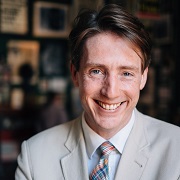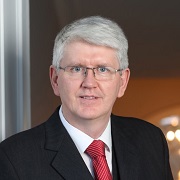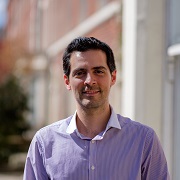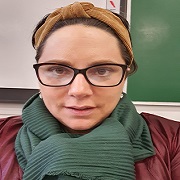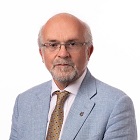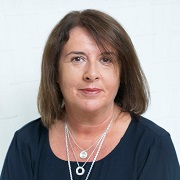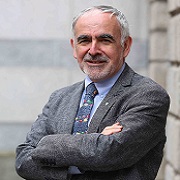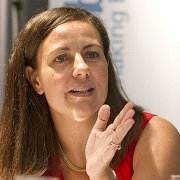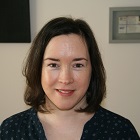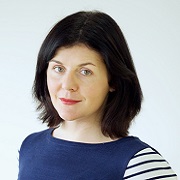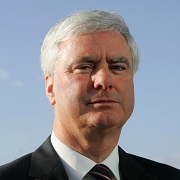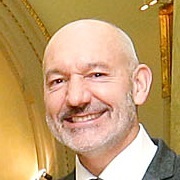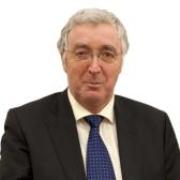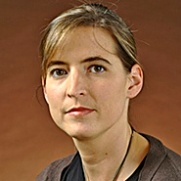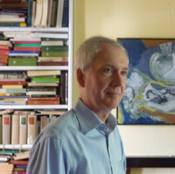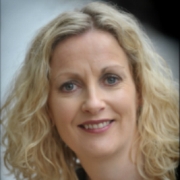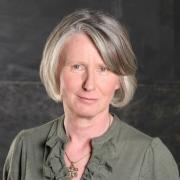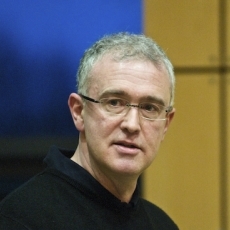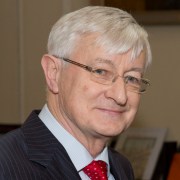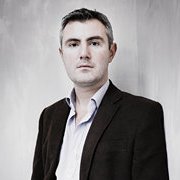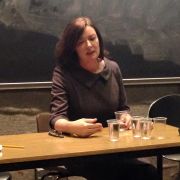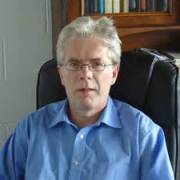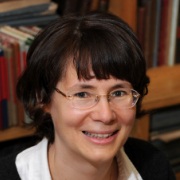During my schooldays in Waterford, I was torn between Maths/Physics and the Humanities, but once I made my decision to study history and literature at university, I was all-in. I have vivid memories of my first year at UCC and of the enlightening joy I derived from the study of history, a feeling that has remained with me in the years that have passed since those heady days of youth.
Throughout the four decades of my professional life as a member of Ireland’s diplomatic service, the study of history has been a perennial companion and a guide. In preparation for each diplomatic posting, my first reflex has been to delve into the history of the country where I was poised to spend the following few years. I sought to see my new, temporary home as a blank page to be filled in with knowledge acquired during my time on posting there. The initial deposit on those blank pages invariably came from an engagement with my host country’s history. Diplomats are necessarily captive to developments in the world around them, but history provides an invaluable three-dimensional backdrop against which to decode the daily rush of events. It is not, of course, an invincible guide, but it is a invaluable tutor.
Early in my diplomatic career, during my time at the Embassy in New Delhi (1980-83), I came to understand the value of our history and our literature in profiling Ireland. This led me to carry forward the work I had done at UCC on Yeats and Joyce. I remember speaking about both Irish writers at the All-India English Teachers’ Conference in 1982. My Joyce talk focused on the ‘nets’ of language, nationality and religion that Joyce feared would have enmeshed him had he not exiled himself in Trieste, Zurich and Paris. Those Irish ‘nets’ resonated in India in the 1980s, where language, religion and nationality were matters of domestic debate. My Yeats talk dwelt on his efforts to create a national literature for Ireland in the English language, a subject to which my New Delhi audience could readily relate.
I came across many Indians who were acutely aware of the historical affinities between our countries based on our shared experience of having shed British rule. There was also considerable Indian interest in Yeats on account of his nationalism, his enthusiasm for Indian philosophy and his championing of the great Indian writer, Rabindranath Tagore.
Those experiences encouraged me to see our literature as a resource for making Ireland better known to the world than we would otherwise be. It prompted me to prioritise cultural diplomacy during Ambassadorial assignments in Kuala Lumpur, Berlin, London and Washington. In Germany at a time of profound economic and financial crisis for Ireland, our literature was a useful reminder to Germans that there was more to Ireland than our embattled banks that were capturing so much attention at that time.
In 2015, the 150th anniversary of the birth of W.B. Yeats provided me with an opportunity as Ambassador in London to offer insights into Irish history during our revolutionary era through the life and work of our leading English language poet. I saw Yeats’s ‘Easter 1916’ as a productive way of presenting the events of 1916 to British audiences. My latest book, Pilgrim Soul: W.B. Yeats and the Ireland of his Time (Dublin: New Island Books, 2023), builds on the work I did at that time in speaking and writing about Yeats in multiple British cities.
Travelling around America during my time as Ambassador, I came across numerous copies of the first edition of Ulysses that were being treasured by universities and rare book collections. In Philadelphia, at the Rosenbach Museum where the original manuscript of Joyce’s novel is housed, I took part in the annual Bloomsday celebration with 10 hours of readings and songs from Ulysses. That experience prompted me to post blogs on the Embassy’s website delving into the novel’s 18 episodes, which ended up as part of my book, Ulysses: A Reader’s Odyssey (Dublin: New Island Books, 2022).
In retirement from my diplomatic career, history and literature remain a pillar and anchor, enabling me to continue deepening my understanding of the world around me. History and literature are a lifelong resource, offering insight, understanding and enjoyment. When my ‘two roads diverged’ in the early 1970s, I am glad that I took the one named ‘Humanities’, for, as Robert Frost once wrote, ‘that has made all the difference’ for me.



